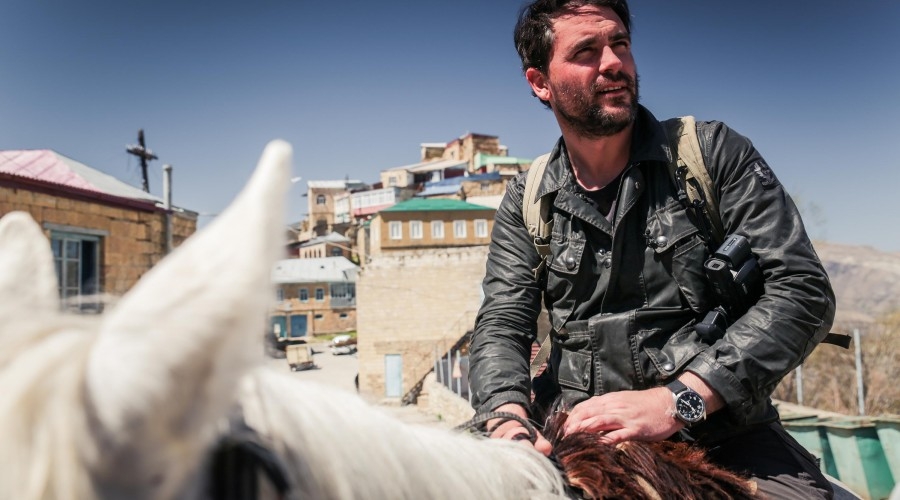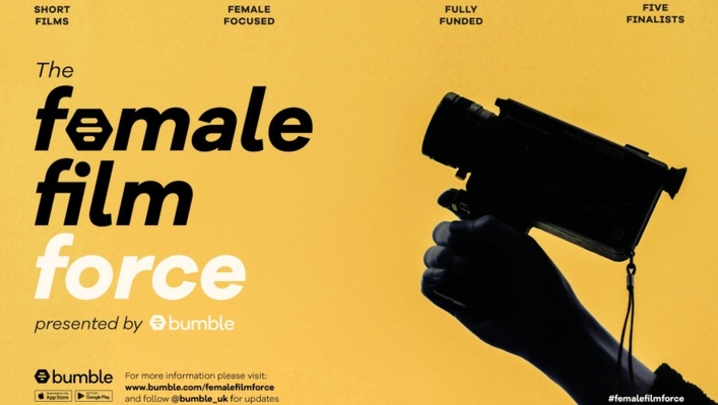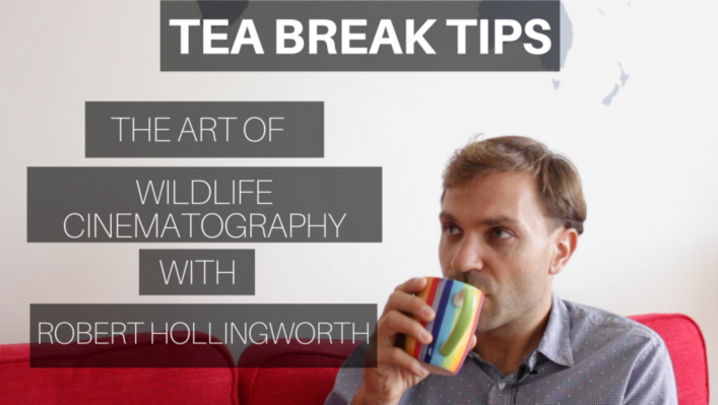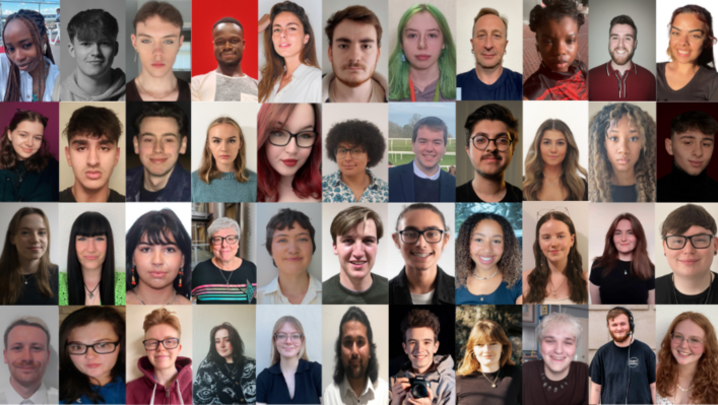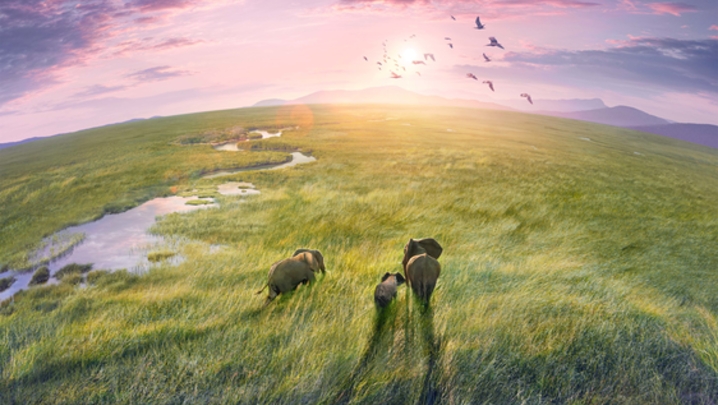Explorer Levison Wood studied history at Nottingham University before joining the Parachute Regiment and serving in Afghanistan.
Since then, he has filmed three series for Channel 4 documenting his journeys on foot through Central America, the Himalayas and along the Nile. His latest series, From Russia to Iran: Crossing the Wild Frontier, sees him revisit the Caucuses mountain range, which he first past through on his gap year.
We caught up with him to find out how to make a career while travelling.
You can’t just get up one morning and decide to be an explorer.
Well, you can, but you’re not going to get on television with that attitude. You’ve got to jump through lots of hoops to get there and it’s not just a case of how many countries you’ve been to. You don’t have to join the Army to get into TV, but I think it’s good to have some level of expertise or niche knowledge. Once you’re an expert in anything, in any industry, people will come to you. That’s where you want to be.
There’s no such thing as an easy route in. You’ve got to work for a long time to establish a reputation.
That was one of the reasons I joined the Army in the first place, because I knew that it would provide a great platform to do what I’m doing now. Look at someone like David Attenborough, he’s been in the business for decades and that’s why he is as well-known and as good as he is – just through sheer persistence.
Self-filming is very different to being with a crew, even though it’s never more than two or three people.
When you’ve got three people, with a couple of bigger cameras, it does put other people on the back foot a bit. I’ve found that it’s often a lot easier when it’s just me and a local guy with a small camera: people are a bit more open, they aren’t too scared – whereas they feel obliged to say certain things or are more nervous in front of a camera crew.
I see all the rough cuts of my documentaries, but I don’t get heavily involved in the editing.
I think you need that fresh pair of eyes in the edit, in order to be ruthless, because there’s so much footage. When you know what lengths you’ve been to to get the footage, whether it’s climbing mountains or spending hours – if not days – trying to get that perfect shot, it is sometimes quite soul-destroying for it to not make the cut.
I feel good that I’m filming my expeditions now, but I’ve done some quite wild ones in the past and I couldn’t have filmed them.
When I was 22, I hitch-hiked to India through Afghanistan and Iran and I think that, if I’d tried to film it, no one would have taken me seriously at that age. You need that time where you’re learning and gaining the experience and credibility without having the responsibility of filming and documenting things. So, to all those 22-year-olds out there who want to be TV presenters, there’s no rush. That will come later: you’ve got to go out and get some experience first.


